Traditional medicine has paid enough attention to the medicinal properties of saffron in treating mental disorders from ancient time. Recent studies, also, indicate that the symptoms of the most prevalent neurodevelopmental disorder, Attention Deficit Hyperactivity Disorder (ADHD), can be contained in saffron extract.
This disorder can be seen in both adults and children and can cause many social problems for sufferers. for example, it is the cause of academic failure of millions of children around the world and conventional medicine to control this deficit has many side effects, while It does not have the desired effect on almost one-third of the patients with this disorder. Under such circumstances, can saffron be a promising alternative treatment for especially children suffering from such a disorder and depict a better educational and career future for them? To answer this question, we review the results of some scientists’ research on the benefits of saffron in controlling this disease.
What is ADHD?
Difficulties in sustaining attention, impulsivity, and hyperactivity (a kind of feeling of inner restlessness and agitation), are the main symptoms of ADHD. Having such a situation means people are struggling to concentrate, regulate their behavior, and manage their emotions effectively. The exact causes of the disorder are not fully clear. However, researchers have identified certain neurological and neurotransmitter issues that are believed to play a role in its development. One of the neurotransmitters involved in ADHD is dopamine, which plays a role in regulating attention, motivation, and impulse control.
Certain regions of the brain of People with ADHD usually have lower levels of dopamine or dysregulated dopamine activity. Also, norepinephrine, another neurotransmitter, is thought to be involved in ADHD, as it plays a role in regulating alertness and arousal.
Studies on the efficacy of saffron on ADHD
To verify what is said in traditional medicine, the efficacy of saffron on ADHD should be investigated in studies done with new scientific methods.
The value of these studies becomes more clear when we consider the fact that in around 30% of cases with attention-deficit/hyperactivity disorder, Methylphenidate (mostly known as Ritalin) is not effective. Such sufferers cannot tolerate the drug’s adverse effects.
Below are just a few of the studies that have been done in this case.
In a randomized, double-blind study conducted by Khaksarian et al 70 adolescents with ADHD was the subject of a clinical trial to assess the beneficial effects of saffron.
Both parent and teacher were asked to deliver their evaluation scores for the participants in week 4 and week 8. Interestingly, in week 4, the saffron group had already gained the same average score that the Methylphenidate group would achieve in week 8.
Khaksarian and his colleagues concluded that a consumption of saffron and methylphenidate may be more effective compared to only taking the Methylphenidate. They reiterated that in case of the combination of the most expensive spice and the conventional medicine for saffron, can improve the effectiveness of treatment and reduce its duration.
Saffron is more effective at counter falling asleep
Blasco-Fontecilla et al in 2022 carried out a not randomized Study on 63 adolescents (aged 7 – 17) suffering from ADHD.Participants were divided into two groups; one taking Methylphenidate and another consuming saffron capsules.
Various tests were done in this study to assess the prevalence and severity of the disorder symptoms. Parent-teacher rating scales, as well as task-based tests, were used to evaluate the executive functioning skills of sufferers.
This research also confirms that Saffron may be equally as effective in treating Methylphenidate for ADHD. According to the study, Methylphenidate was more effective at improving inattention, while saffron was more effective for hyperactivity symptoms. Furthermore, saffron is more effective at dealing with falling asleep. Sleep disturbances and daytime sleepiness are what children with ADHD frequently complain about. Saffron ameliorates sleep quality, latency, and duration of sleep.
A reservation; saffron with Ritalin
Pazoki et al. did the first randomized, double-blinded, and placebo-controlled saffron trial study on 48 adults suffering from ADHD at the Tehran University Of Medical Science. The participants were divided into two groups: a Control one who was taking Ritalin plus placebo and the other who had Ritalin plus saffron.
By using self-assessment and the Conners’ adult ADHD rating scale, ADHD symptoms were assessed at three and six weeks.
Finally, the saffron group self-reported a more significant improvement in symptoms than the control. Also, the scores on the Conners’ scale were similar, supporting those reports.
The researchers conclude with reservation, saying that saffron plus Ritalin can be an effective treatment for attention deficit hyperactivity disorder.
How much was saffron for ADHD patients?
Saffron dosage depends on the weight. In the above-mentioned studies, children received saffron doses between 20 mg and 30 mg daily, while adults between 50 mg and 80 mg daily. We could safely consume up to 100 mg of saffron extract each day, according to those studies, while they warned that consumption of saffron at higher doses can be toxic. Other studies are warning that consuming 5 gr of saffron could be toxic and more than that could be deadly.
Who can, can not?
Unlike stimulant medications, saffron as a natural substance has a long history in traditional treatment along with culinary and the safety of saffron has been proven for centuries in low dosage, but to alleviate your concerns about potential side effects of the most valuable spice, especially in long-term use, you need consult with your doctor before starting saffron supplementation.
Saffron blood-thinning properties can increase the risk of bleeding. Avoid using both antidepressants and saffron as they can change neurotransmitter levels deeply and result in additive effects.
Since saffron can lower our blood pressure, combining it with other prescription drugs can cause excessive or dangerous blood pressure reduction. Doctors recommend avoiding eating saffron especially two weeks before surgery
It is unknown what the effects of saffron could have on the baby, and there’s a potential for uterine stimulation, So, pregnant and breastfeeding women should not cross the line of taking small amounts of saffron.
How does saffron treat ADHD?
How the most expensive spice in the world saffron works in treating ADHD is still something being worked on. The now-plausible explanation about Saffron is that it can increase the level of dopamine, serotonin, and noradrenaline secretion. Dopamine and noradrenaline are linked to ADHD, so increasing their levels may help reduce symptoms.
Oxidative stress and inflammation, have been diagnosed in the pathophysiology of ADHD. There is different evidence that stress can worsen the symptoms of ADHD, meaning it exacerbates inattentiveness, impulsivity, and hyperactivity in individuals with the disorder.
So, another rational justification for saffron’s effect on ADHD could be that the spice can diminish stress because Crocin, Picrocrocin, and Safranal as bioactive compounds containing antioxidant and anti-inflammatory properties for the brain cells. Yet, larger studies are required to fully understand the precise mechanisms of saffron’s action in the brain of those who suffer from ADHD.
It’s worth noting that ADHD is a multifactorial disorder with diverse underlying causes and individual variations. So we need further research to fully understand the complex interplay between stress-related factors in ADHD, neurological issues, and neurotransmitters.
Conclusion
New science has made it possible for us to accurately examine ancient herbal medicines in modern ways. “Red gold” can be a hope for those who suffer from hyperthyroidism. Various studies show that the world’s most expensive spice can solve the problem of restlessness and lack of attention by ramping up the secretion of neurotransmitters such as dopamine and serotonin in the brain of these people, and in this sense, the efficacy of saffron resembles Ritalin. Also, due to its anti-depressant properties, saffron plays a role in controlling the stress of people suffering from moderate depression and ADHD. However, some studies have recommended that saffron should be used as adjunctive therapy alongside conventional drugs.
By providing the best quality saffron from the Ghaaneh brand, you can help especially your children with ADHD to improve their different cognitive functions and attention span.
FAQs
Why are tests about the efficacy of saffron on ADHD so important?
About 30% of people suffer from this disorder, and well-known drugs like Ritalin do not affect it. Also, some of them have many reports about the fatal side effects of this drug.
Can we replace saffron with Ritalin?
Although studies show that the world’s most expensive spice acts like Ritalin in the treatment of attention deficit disorder, researchers generally recommend that You need a combination of saffron and Ritalin to deal with illness.
How much saffron do we need to treat ADHD?
It depends on your weight. Children can receive saffron doses between 20 mg and 30 mg daily, while adults between 50 mg and 80 mg daily. Generally, no need to worry about the safety of saffron if you consume up to 100 mg of saffron extract each day, according to different studies.




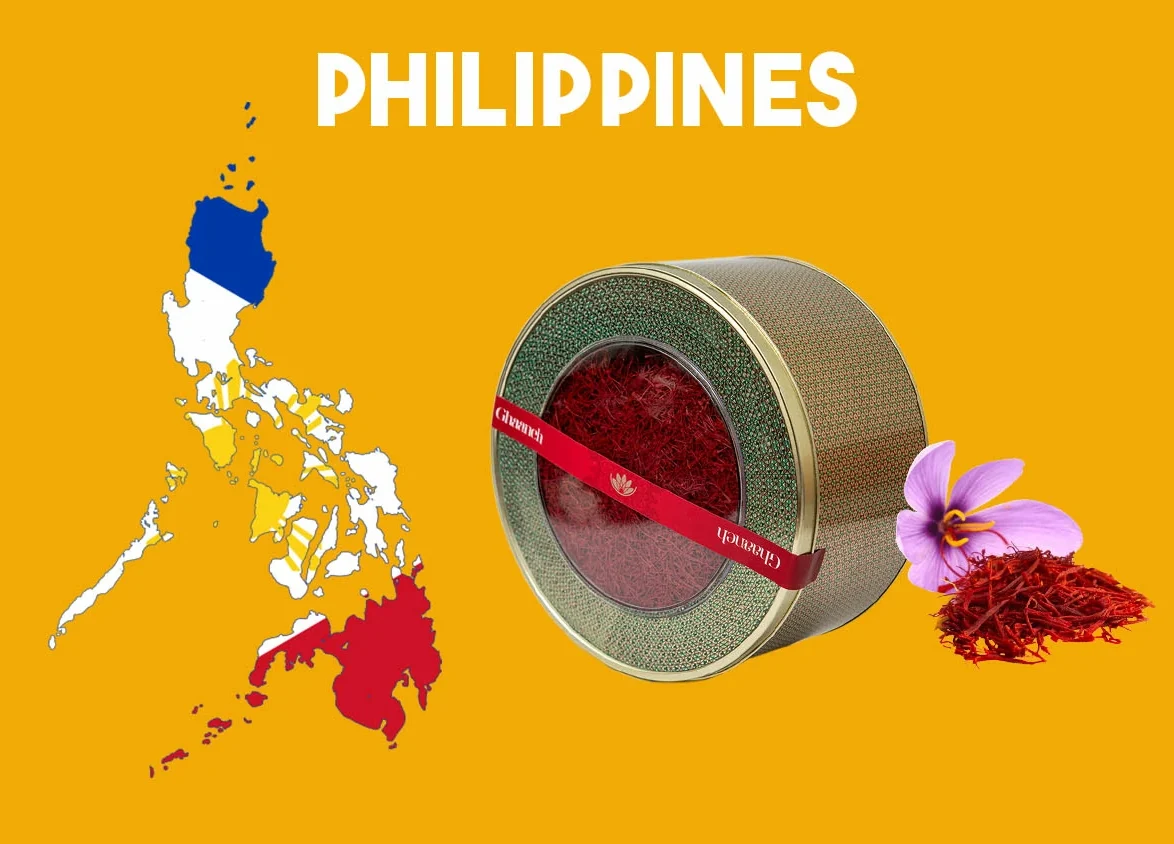
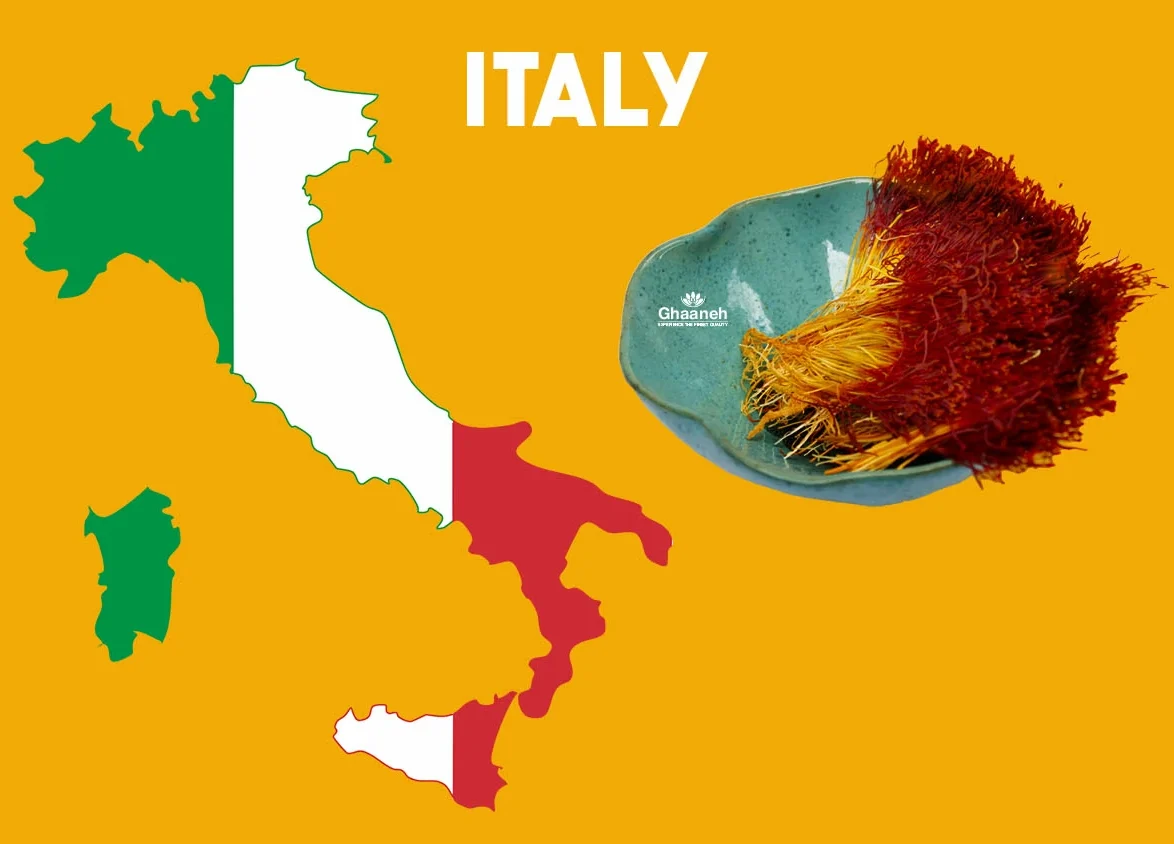



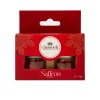
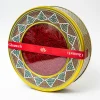
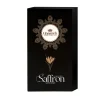
Pingback: Saffron for Libido: Increase Sex Drive Naturally
Pingback: Appetite Suppressant Effects of Saffron: Anti-Obesity Drug